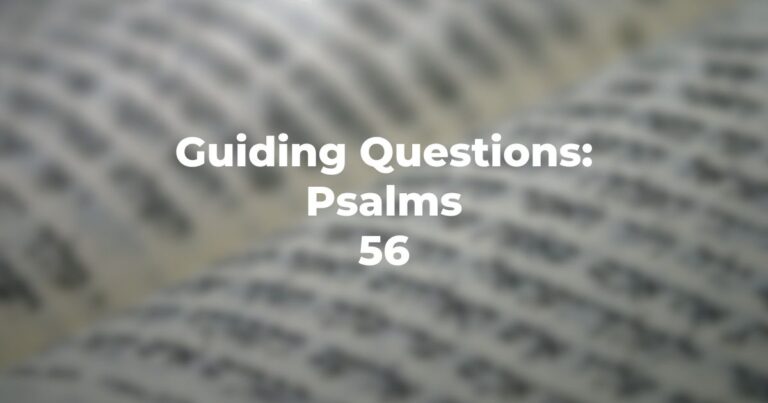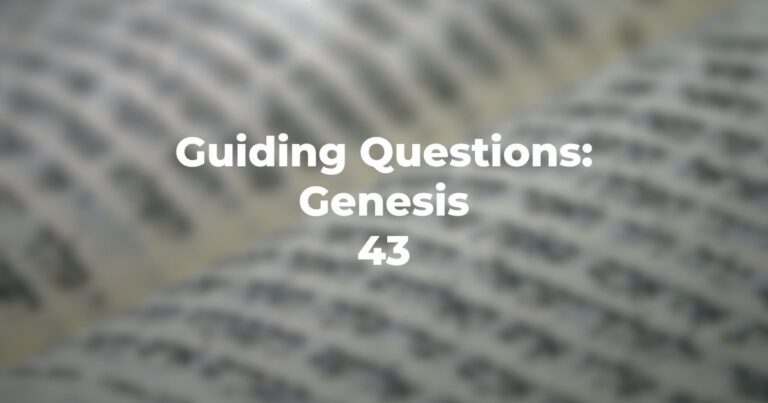- Does text indicate how long Moses had been serving as a shepherd for his father-in-law?
- Does text indicate why the name of his father-in-law is now rendered as Jethro instead of Reuel?
- Is it assumed that the reader will know where “Har HaElohim” was (in Horeb not in Sinai) and what the nature of this mount was?
- Is there any introduction whatsoever or preparation for the appearance of a “messenger (angel) of God” to Moses?
- In Exodus 3:2 reference is made not to “a bush” but “the bush”; would there be any significance in the definite article as representing an established tradition?
- Insofar as the bush itself was concerned it was burning and not consumed, and this led Moses to express what observation?
- Exodus 3:4 notes that “God saw that he turned to look” and then called to him; what if he had not turned to look? What characteristic was evidenced by the “turning to look” which led to “God speaking?”
- What is the (a) test of leadership — the courage to explore the new?
- Does Moses “pass the test” — does he flee or does he “turn to inquire?”
- From the time of Jacob’s death and through the early part of Shmot (a period of some hundreds of years) has God reached out to man?
- Is God’s “silence”, then, now ended?
- Is Moses, accordingly, the “continuum” of the Patriarchs?
- And is Moses to “take out” only or to “bring to” and to what – “lifestyle” and/or “living place?”
- Does leadership (as per this vignette) “accept assignment without close questioning and inquiry?”
- Is the inquiry as to the “sending authority” answered?
- But — who/what is “Eheyeh”; I will be — i.e.: “I represent the future, change, etc.” or?
- And, is there another (a second) answer of identification of the sending authority and, if yes, why?
- Is the “second” name a “function” of the first (having common grammatical roots) or is it “other?”
- Which of the answers to the Name inquiry has come to be the answer as to “God’s name?
Author
-

Exploring Judaism is the digital home for Conservative/Masorti Judaism, embracing the beauty and complexity of Judaism, and our personal search for meaning, learning, and connecting. Our goal is to create content based on three core framing: Meaning-Making (Why?), Practical Living (How?), and Explainers (What?).
View all posts





